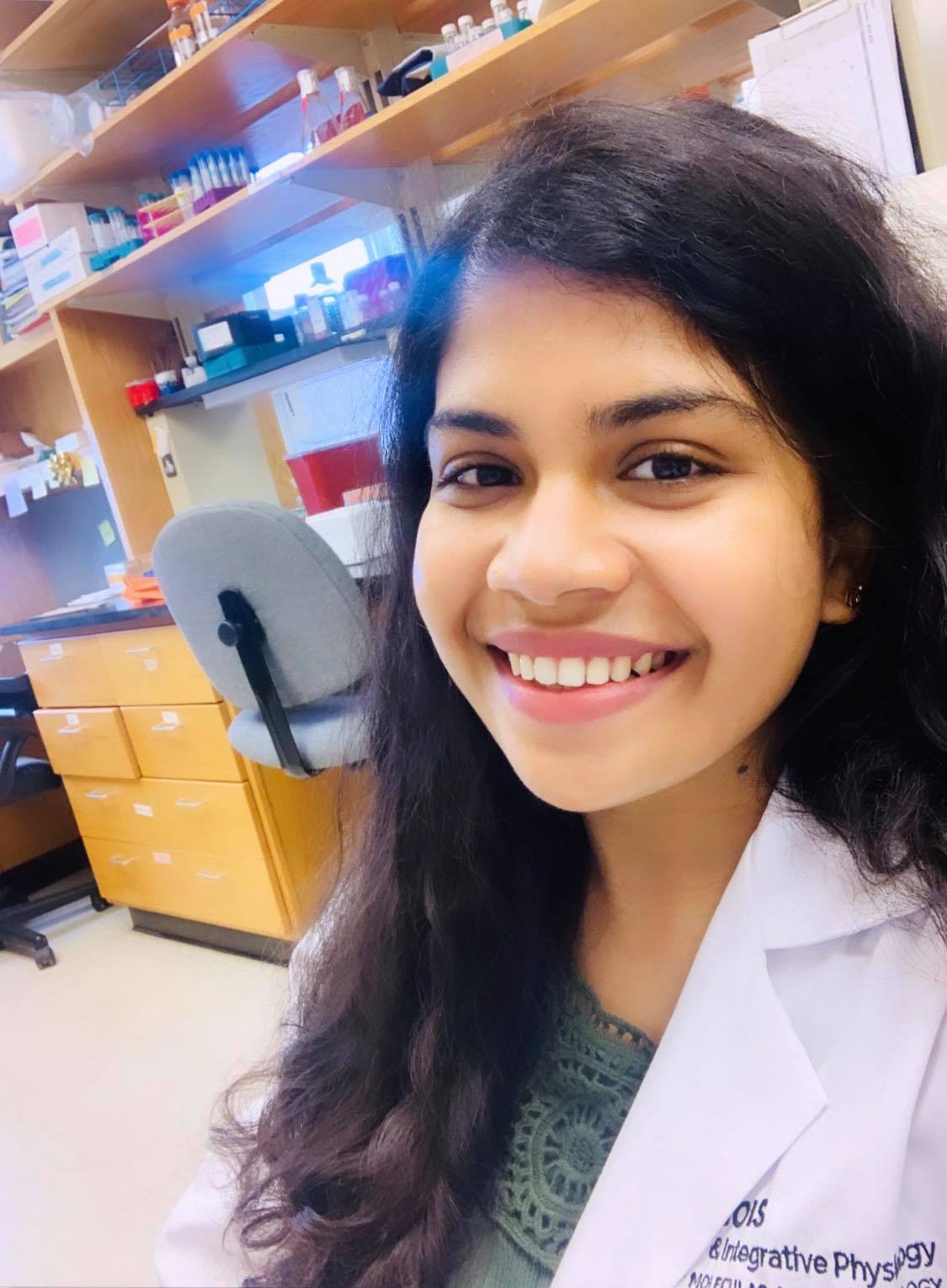Hashni Epa Vidana Gamage

Breast cancer is the most common malignancy amongst women worldwide. Immune-oncology interventions for the treatment of breast cancer have thus far been underwhelming, providing strong rationale for the development of drugs to increase their efficacy. Although undoubtedly multifactorial, one major obstacle to immune-therapy is the highly immune-suppressive microenvironment of breast tumors – a phenomenon that is strongly maintained by myeloid immune cells. Our work focuses on developing small molecule modulators of the nuclear receptor Small Heterodimer Partner and Farnesoid X Receptor, and specific probiotic approaches to ‘re-educate’ myeloid cells away from being pro-tumorigenic to eliminate the immune-suppressive microenvironment of breast tumors. Reactivation of the immune system is expected to enhance the efficacy of immunotherapy and provide durable or curative care for metastatic breast cancer patients.
